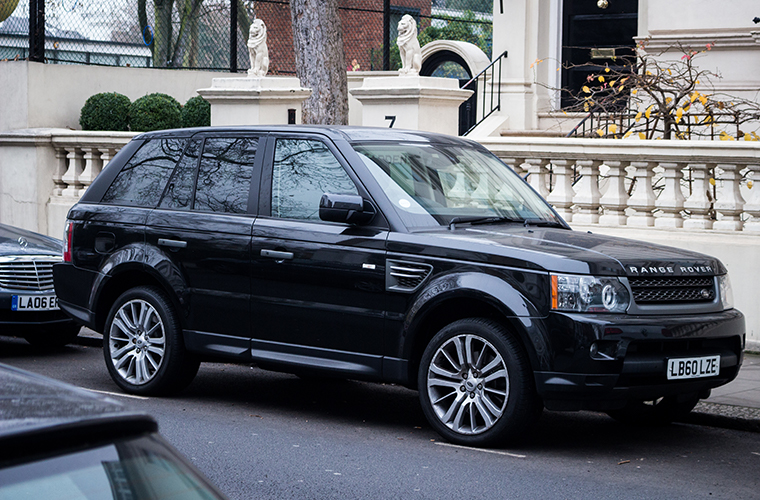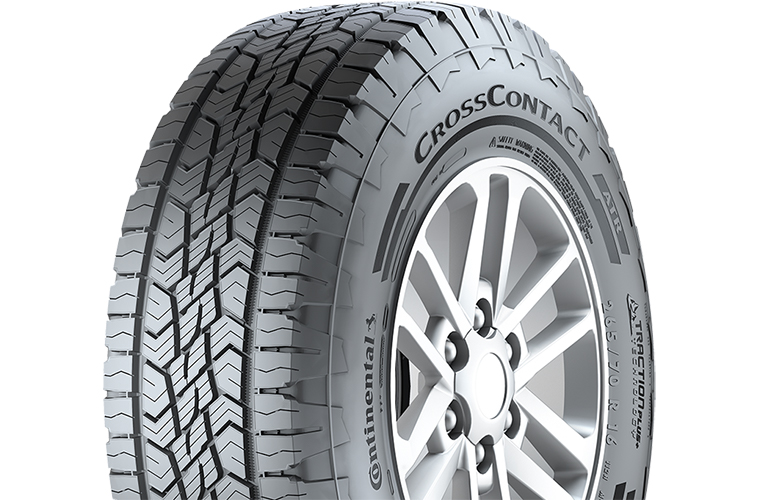Just a decade or so ago, the sport utility vehicles (SUVs) vehicle segment was an automotive sideshow, only accounting for around 12 per cent of overall market share. To start with, motorists weren’t particularly interested in them, but soon enough things began to change. Now, in 2019, SUVs make up almost a third of global automotive sales, with nearly 30 million of them sold in 2018 – more than any other category of car.
The explosive growth of the SUV has had a significant impact on the international car market, as well as on both businesses and the wider world. These large, often all-wheel-drive vehicles – with typically five or seven seats – sit high on the road, and are positively perceived for their comfort, space and safety. Research shows that SUVs are proven to particularly appeal to women buyers – an increasingly important segment, with female car ownership up more than 20% in the UK alone over the last ten years.
Given the current sentiment, can the SUV trend really continue?
The continued growth of the SUV segment – specifically its sustainability – is open to debate. These cars are typically more expensive to initially purchase and costlier to maintain than other smaller, simpler vehicles. SUVs also require greater resources and energy to manufacture in the first place. And when it comes to electrification – which is the future of motoring – these vehicles don’t make for an ideal platform. This is something that all car manufacturers – and governments alike – are grappling with at the moment.
The simple truth is that most people don’t actually require a vehicle of this size. Many motorists are influenced by the perceived status symbol that an SUV projects. These vehicles – originally dubbed by UK environmentalists as ‘Chelsea Tractors’, following their uptake by many of the wealthiest residents of west London – are for the most part engineered to be robust and effective off-road driving machines, but it is widely accepted that the overwhelming majority of them are rarely, if ever, used in this way.

Continental provide leading tyres for SUVs
Over the past ten years, Continental has developed an unrivalled range of specialist premium tyres to meet the surge in SUV popularity. These are engineered to be comfortable and capable, and provide outstanding grip in all driving conditions. And given the reality of SUV usage – urban driving rather than off-road – many of Continental’s tyres come with improved rolling resistance, ensuring better fuel efficiency. It should come as no surprise that demand for their tyres has grown alongside the uptake of SUVs. Many of these vehicles leave the factory fitted with Continental original equipment (OE).
Some people – new to owning an SUV – can be caught out when it comes to buying replacement tyres. Like the cars themselves, SUV tyres are larger and wider, and are therefore more expensive than the tyres you’d find on a lighter, smaller hatchback or saloon. Continental tyres are produced to complement the vehicle they are fitted to, providing the highest levels of safety and performance.
If you already have Continental OE fitted, a like-for-like change is highly recommended. This is especially crucial with SUVs, as heavier and more robust cars are very demanding on tyres, and only function at their best with the right tyres fitted. Continental’s latest tyre for SUVs is their superb CrossContact™ ATR, which allows drivers to own the road – no matter what the terrain.

SUVs and the future
Many car makers think that SUVs will continue to be popular into the next decade. This is debatable, given increasingly stricter emissions testing, emission-free zones, and the pursuit of greener transport solutions in many cities around the world. We’re now also seeing more high-performance SUVs coming to market, adding to the demands placed on tyres. Further, while zero-emission electric SUVs (that need to carry heavy batteries onboard) are presenting new challenges to all tyre engineers, the team at Continental are confident that their highly funded, leading research and development will ultimately lead to the creation of next-generation electric vehicle SUV tyres.
For now though, it appears that SUVs are here to stay. Whether or not that’s good for the world at large is open to question. As things stand, it looks like many of the car-buying public prefer to opt for the perceived status and prestige of SUVs over the more ecologically-friendly, smaller vehicles available. Whether this will last remains to be seen.
